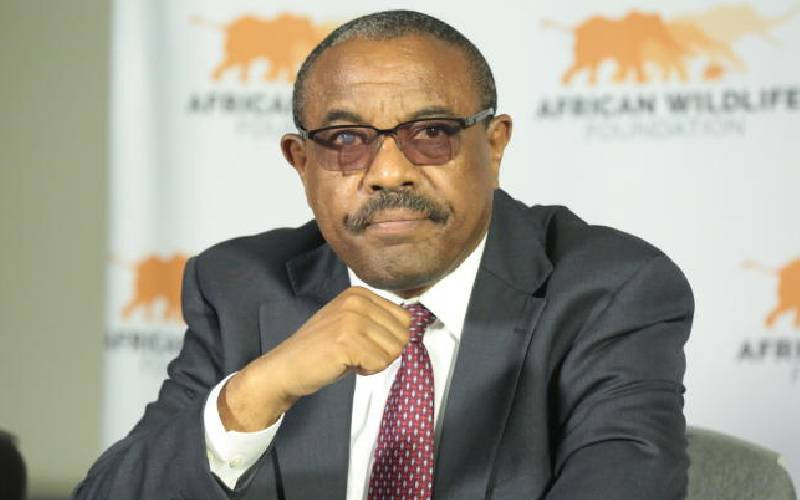×
The Standard e-Paper
Smart Minds Choose Us

The need to re-orient and match Africa's ambitious agenda for economic, political and social transformation calls for positioning of the continent's natural ecosystems and wildlife as foundational to climate action and aspirations set out in Agenda 2063.